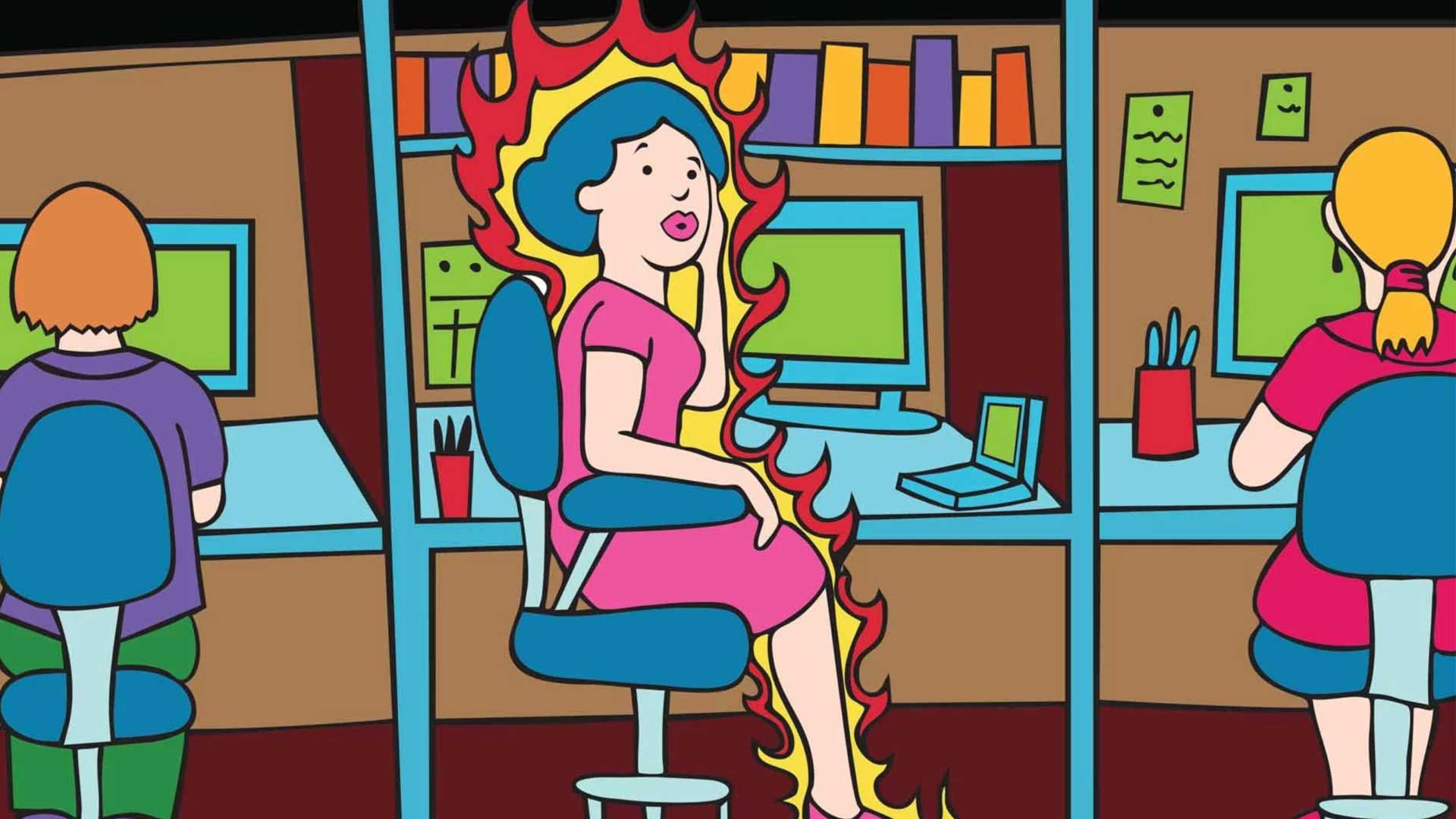10 ways to support pupils who feel stressed and anxious - and not an awareness day in sight!

November is going to be busy. It starts with International Stress Awareness Week, which includes International Let’s Stop Shouting Day, a ‘global observance dedicated to promoting respectful and constructive communication’. Then, on November 9th, we move on to Social Media Kindness Day and, four days later, World Kindness Day. This is all followed swiftly by Anti-Bullying Week. Thankfully, November 3rd is National Spa Day, which is handy because I think I may need to lie down in a dark room listening to whalesong before tackling all that awareness.
I’m not suggesting for one minute that these critical issues are unworthy of awareness. Okay, perhaps the spas. But the effect of having so many awareness days and weeks dedicated to so many issues is that it eventually becomes noise. We get awareness fatigue. And for those involved in these campaigns, there is a compulsion to do your bit and then forget the issue for the rest of the year. After all, how many dry January devotees get smashed on February 1 and drink steadily for the rest of the year?
Almost every month, somewhere in the world, there is an awareness of one aspect of mental health or another, be it happiness, workplace wellbeing, stress, or anxiety. These campaigns are generally designed for social media and often oversimplify complex subjects. They can also amplify normal levels of human experiences, such as stress and anxiety, to the point where people start associating them with mental illness. Being stressed at work is not a mental illness; it’s part of life.
Are we creating more mental health challenges than solutions?
According to research by psychologist Lucy Foulkes from the University of Oxford, the result is that this constant focus can medicalise these experiences. She asks the question we’re all quietly asking: “In the quest for mental health awareness, are we inadvertently creating more challenges than solutions?”
This issue seems to particularly affect schools. At Happy-Centred Schools, we constantly hear from the schools we work with that increasing numbers of children and young people opt out of activities with letters from parents citing anxiety as a reason for absence. It’s no longer enough to bunk off games because you’ve forgotten your kit. Little Johnny now gets out of cross country because he’s anxious about it.
This is hard for school teams because they’re not psychiatrists, and concern for pupils’ wellbeing must be paramount. Often, they can only concur, giving Little Johnny a pass without considering a strategy for reintroducing him safely back into future PE sessions, therefore perpetuating the situation. It then becomes a vicious circle because if you never do what you’re anxious about, you never conquer your anxiety. The best way to learn the coping skills that build resilience is to do things and take risks.
That’s not to say there are not young people and adults who do need support. Identifying those who do and those who just need a gentle shove in the right direction takes training and resources that schools usually do not have.
With that in mind, here are some techniques that can help teachers.
- The goal isn’t to eliminate anxiety but to help a child or young person manage it
None of us wants to see a child unhappy, but the best way to help kids overcome anxiety isn’t to try to remove the stressors that trigger it. Help them learn to tolerate their anxiety and function as well as they can, even when anxious. And as a byproduct of that, the anxiety will decrease over time. Find some free resources on how to improve children’s coping skills on our HCS Resources page.
- Don’t avoid things just because they make a child anxious
Helping children avoid the things they are afraid of or that feel stressful will make them feel better in the short term, but it reinforces the anxiety over the long run.
- Express positive but realistic expectations
Life is full of small challenges which create anxiety and stress. It’s a normal part of life. Don’t shield children from this fact, but express confidence that they’re going to be okay and will be able to manage it. Help them realise that anxiety will drop or pass over time by facing these challenges. Gradually encourage them to take on what they feel they can’t and stretch their coping abilities.
- Respect their feelings, but don’t empower or indulge them
It’s important to understand that validation doesn’t always mean agreement. So, if a child is terrified about going to the doctor, you don’t want to belittle those fears, but you also don’t want to amplify them. Listen and be empathetic, help them understand what they’re anxious about, and encourage them to feel that they can face their fears. You want to send the message: “I know you’re scared, and that’s okay and normal, and I’m here, and I’m going to help you get through this.”
- Don’t ask leading questions
Encourage children to talk about their feelings, but try not to ask leading questions such as, “Are you anxious about the big test?” or “Is the amount of work stressing you out?” To avoid feeding the cycle of anxiety, just ask open-ended questions such as: “How are you feeling about the homework?”
- Don’t reinforce fears
As adults, we must role model confidence and coping skills by using calm, positive language and behaviours. A child will learn to be anxious mainly from role models.
- Encourage the child to tolerate their anxiety
Let children know that you appreciate the work it takes to tolerate anxiety. Encourage them to engage in life and to let the anxiety take its natural curve, dropping over time as they continue to have contact with the stressor.
- Try to keep the anticipatory period short
When we’re afraid of something, the most challenging time is right before we do it. Try to eliminate or reduce the anticipatory period.
- Think things through with the child
Sometimes, it helps to talk through what would happen if a child’s fear came true—how would they handle it? For some children, having a plan can reduce uncertainty in a healthy, effective way.
- Try to model healthy ways of handling anxiety
Let children see how you healthily handle anxiety yourself.
If you’d like further support in helping pupils manage their mental health, contact our Doug -
Stephanie Davies
As a child, Stephanie Davies was more of a ‘naughty’ girl than a head girl, spending quite a bit of time outside the classroom. It wasn’t until late into her secondary school education that she was diagnosed with dyslexia - her superpower. Officially, she’s the founder and CEO of our big sister company, Laughology. Her self-appointed and (some might say) made-up title is ‘Head of Happiness’.














